Governments should take the lead in combating environmental issues with infrastructure, education: Experts
Political will is needed for authorities to push for certain policies and make decisions on resource distribution, and provide the necessary infrastructure or education, said experts across various fields.
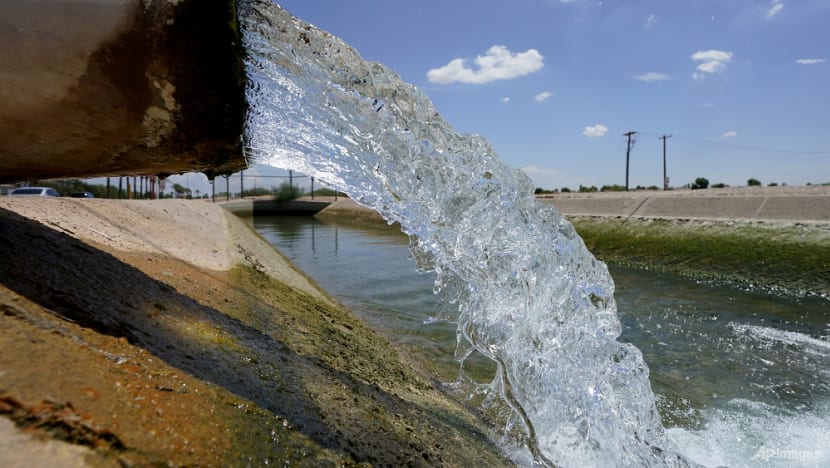
SINGAPORE: Governments need to take the lead in tackling environmental issues, and have the political will to push for certain policies and make decisions on resource distribution.
This includes providing the necessary infrastructure or education, experts across various fields told CNA.
They also stressed the need for financial support for poorer countries in coping with the issues urgently, noting the differences in waste management, for instance, based on the wealth disparity.
POLITICAL WILL
Dr Leila Harris, co-director of the Program on Water Governance at the University of British Columbia, said for the water issue, political will is crucial when thinking broadly about how to preserve waterways for ecological needs for the longer term.
She said the issue is “much broader than simply providing water”.
“We know how to treat water. Yes, that's clear. But we don't know how to make sure it gets to the most vulnerable populations or those people who can't afford it,” she told CNA’s Asia First.
Dr Harris echoed the words of World Water Council President Loic Fauchon who told CNA last month that “strong political will from politicians at all levels” is needed in addressing the water issue.
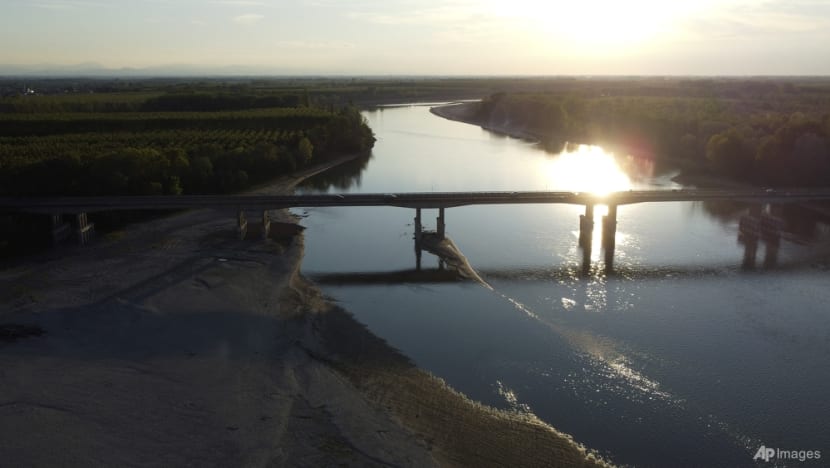
“So in terms of the political will, it goes back to the questions … what are we willing to do differently so that we can safeguard water for more people, for all people, and also for animals and plants and other things in the ecosystem that require access to water?”
She added that there is a trade-off between having access to food and water, and other aspects of global development.
“Even if we are trying to solve other sustainability challenges, for instance, if we're moving towards electric cars (and) electrification, that requires certain types of mining, which again, affects our waterways,” she said.
Dr Harris urged for a careful rethink of the ways in which water is used.
She noted that a majority of freshwater use goes to agriculture and industry, instead of humans and domestic use, and “a lot of the contamination is from certain industrial uses and mining and deforestation and other things”.
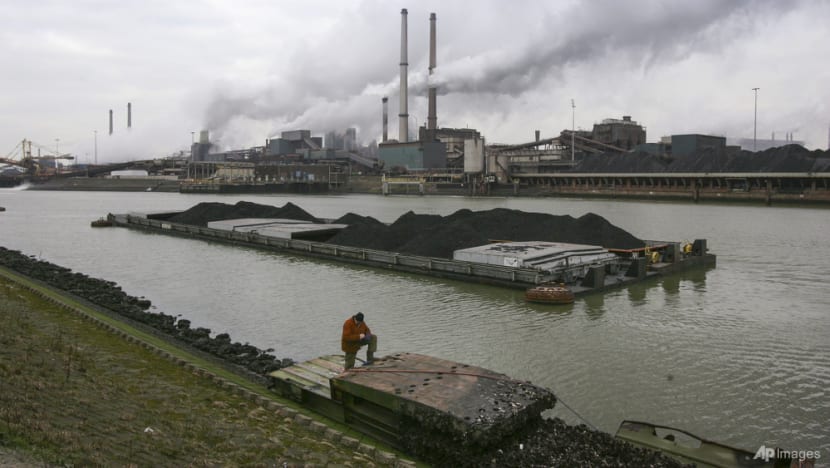
Dr Harris added: “How do we consider and accept those bigger trade-offs in terms of reining in certain types of industry or deforestation or mining, by not allowing it in certain waterways or requiring that the pollution not be as considerable as we often allow, just because we are interested in the economic benefits of those activities?”
Dr Christopher Field, director of the Stanford Woods Institute for the Environment at Stanford University, called a pledge by G7 members to end plastic pollution by 2040 “really significant”.
The pledge was made at the G7 Ministers' Meeting on Climate, Energy and Environment in Sapporo, Japan earlier this month.
“Plastics in the ocean are an especially big problem, and the most recent estimates are that by 2050, we might have more plastic in the ocean than we have fish,” Dr Field told CNA’s Asia First.
He added that decreasing the flow of plastic from the land to the oceans is critical in protecting the ocean and all organisms in it.
EDUCATION AND INFRASTRUCTURE
While consumer awareness is important, it only works when matched by the resources and capabilities to manage the waste materials effectively, said Dr Field.
“I think that every country should be looking at creating not only education campaigns, but also the technical facilities to manage the way sufficiently,” he said.
He said that international assistance in the area of waste management should be a priority.
“If we don't invest in waste management in the countries that don't have the capacity to do it now, the waste really hurts all of us,” said Dr Field.
Mr Ruskin Hartley, chief executive officer of The International Dark-Sky Association, told CNA’s Asia First that when it comes to light pollution, government and urban planners should be taking the “simple steps” to tackle the problem.
“The simplest one is first to acknowledge that light is a pollutant that needs to be tackled and addressed,” he said.
Policies and practices should also be put in place to ensure that lights are turned off when they are not needed, dimmed down when there are fewer people around, and that they are pointed down at the ground where they are needed rather than up in the sky, said Mr Hartley.
“Everything on the planet has evolved under this rhythm of bright days and dark nights. It really is probably the most fundamental rhythm on the planet, and it has been disrupted over the last 150 years,” he said.
Mr Hartley cited the examples of moths, attracted to light sources, drawing birds off their migration paths, and the agricultural crop yields that have been affected by high levels of light pollution.
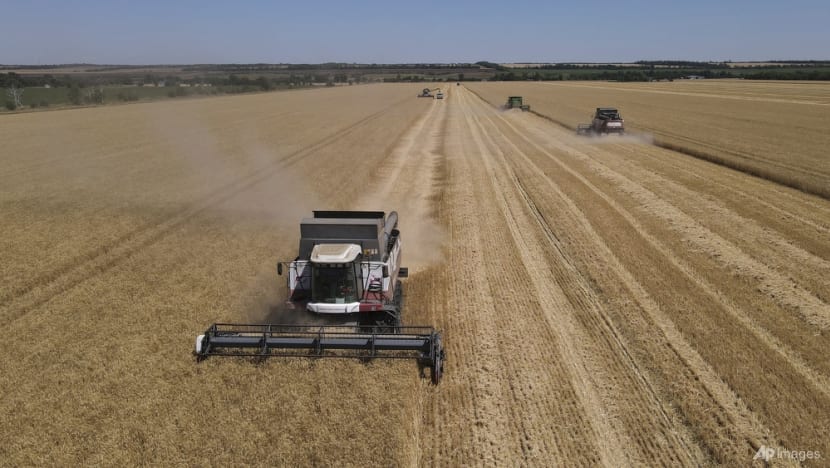
“I think there are tremendous efficiencies that can be gained by thinking about natural darkness as a valuable resource to be protected and light as something to be added judiciously and carefully,” he said.
RICH VERSUS POOR
Dr Field also highlighted the gulf in capabilities in responding to the problems between countries with different levels of wealth.
“If you look at the fraction of the plastics that go into unmanaged waste streams, there's a very strong relationship between a country's wealth and how well it does with plastic waste management,” he said.
“A poor country like Zimbabwe, for example, that doesn't have the infrastructure for doing the waste management, has a plastic mismanagement rate that's about a hundred times that of Singapore,” he said, counting the Southeast Asian country among the best in plastic waste management.
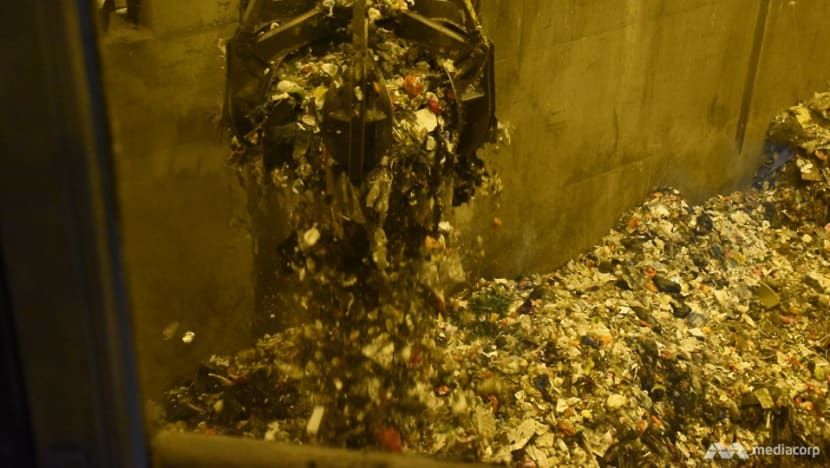
“We have a global situation in which the world's poor countries … are releasing vast amounts of plastic into the environment, plastic that in general is produced in the rich world (and) being released as mismanaged waste in the poor world.”
The lack of infrastructure in poorer countries is a primary challenge, along with the lack of appropriate technology, noted Dr Field.
For example, many clothes are made from a combination of cotton and polyester, but there is no way to properly separate the two materials, so all the materials end up in a landfill.
“Overall, I would say the big problem is that we just need to prioritise making sure that plastic waste isn't mismanaged, that it's either recycled or incinerated or disposed of permanently in safe and sanitary landfills,” said Dr Field.














